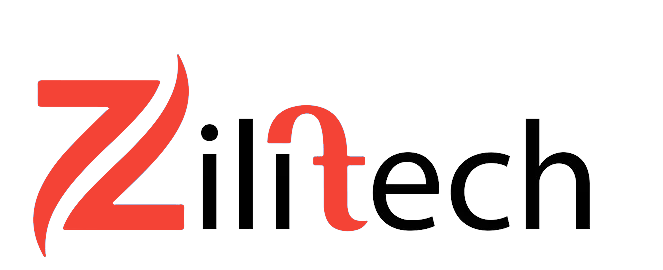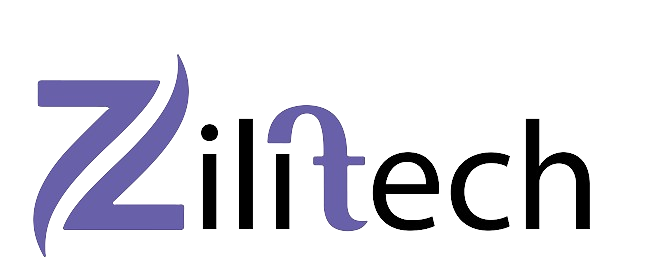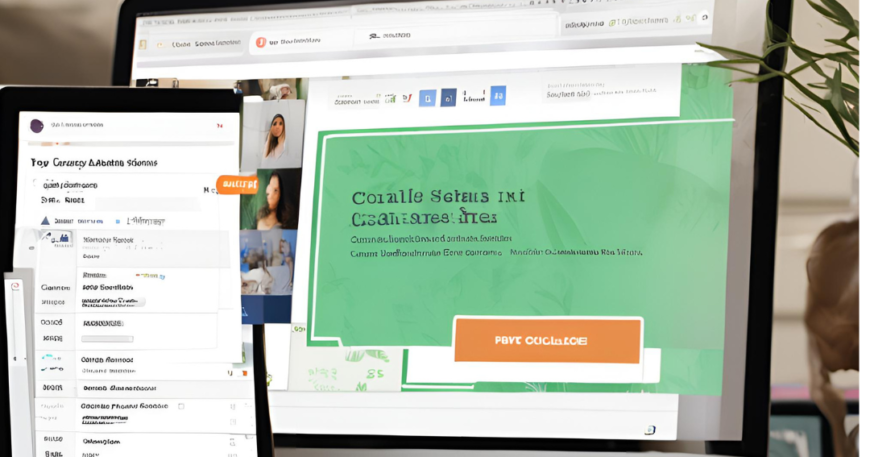Introduction
Choosing the right college admission software can make or break your admissions process. With the growing complexity of applications and the need for seamless communication, having an efficient system in place is crucial. So, how do you navigate through the myriad of options available? This guide will break down the top college admission software solutions that can streamline your admissions, improve communication, and provide robust analytics.
What is College Admission Software?
College admission software is a comprehensive system designed to manage the entire admission process. From collecting applications to communicating with prospective students and analyzing data, this software ensures a smooth and efficient admission cycle. It typically includes features for application tracking, communication, integration with other institutional systems, and detailed reporting.

Benefits of Using College Admission Software
Streamlining the Application Process
Admission software automates many repetitive tasks, allowing your team to focus on more strategic activities. It simplifies application collection, tracking, and review, ensuring that nothing falls through the cracks.
Enhancing Communication and Engagement
Good software will include automated email and SMS capabilities, enabling timely and personalized communication with applicants. This keeps prospective students engaged and informed throughout the process.
Data Management and Analytics
The right software offers powerful data management and analytics tools, providing insights into application trends, demographics, and more. This data helps in making informed decisions and improving the admission strategy.
Improved Decision-Making
With all data centralized and easily accessible, making decisions about admissions becomes more straightforward. You can quickly compare applicants, assess eligibility, and track decisions.
Key Features to Look For
Application Tracking
A core feature that allows you to monitor the status of applications, ensuring that you can easily track where each application stands in the process.
Automated Communication
Look for software that can handle automated communication via emails and text messages. This ensures consistent and timely updates to applicants.
Integration with Existing Systems
Your admission software should seamlessly integrate with your existing systems, such as student information systems (SIS) and customer relationship management (CRM) tools.
Analytics and Reporting
Robust analytics and reporting capabilities help you track performance, identify trends, and make data-driven decisions.
Top College Admission Software Solutions
1. Slate by Technolutions
Overview: Slate by Technolutions is one of the leading platforms in college admissions. It offers a wide range of features tailored to the needs of higher education institutions.
Key Features:
- Comprehensive application tracking
- Customizable communication workflows
- Integrated event management
- Robust analytics and reporting
Pros:
- Highly customizable
- Excellent user interface
- Strong community support
Cons:
- Can be complex to implement
- Higher cost compared to some alternatives
Pricing: Slate’s pricing is tailored based on institutional needs, so it requires direct consultation for an accurate quote.
2. Ellucian CRM Recruit
Overview: Ellucian CRM Recruit is designed to enhance recruitment efforts with a focus on personalization and efficiency.
Key Features:
- Integrated marketing tools
- Dynamic dashboards and reports
- Mobile access for on-the-go management
- Personalized communication options
Pros:
- Strong integration with other Ellucian products
- User-friendly interface
Cons:
- Limited customization options
- Requires integration with Ellucian’s broader ecosystem
Pricing: Ellucian CRM Recruit’s pricing is variable, and prospective users should contact Ellucian for a tailored quote.
3. Liaison’s EMP
Overview: Liaison’s EMP provides a full suite of tools to manage the entire recruitment and admissions process.
Key Features:
- Comprehensive student engagement tools
- Advanced analytics and reporting
- Integration with other Liaison products
- Scalable to different institution sizes
Pros:
- Robust engagement features
- Good customer support
Cons:
- Interface can be less intuitive
- Setup can be time-consuming
Pricing: Pricing for Liaison’s EMP is customized based on institutional needs and size.
4. TargetX
Overview: TargetX is known for its strong CRM capabilities, aimed at improving student recruitment and retention.
Key Features:
- Extensive CRM tools
- Real-time reporting
- Automated workflows
- Mobile-friendly interfaces
Pros:
- Strong focus on student engagement
- Integrates well with other systems
Cons:
- Can be expensive for smaller institutions
- Implementation may require significant time
Pricing: TargetX offers various pricing tiers based on the features and scale required.
5. Veritas
Overview: Veritas provides a holistic approach to admissions with tools that cover marketing, recruitment, and analytics.
Key Features:
- Comprehensive marketing tools
- Detailed analytics
- Customizable workflows
- Cloud-based solution
Pros:
- Versatile and scalable
- Easy to use
Cons:
- May require additional modules for full functionality
- Can be pricey
Pricing: Veritas’s pricing structure is based on the specific needs of the institution and requires consultation.
6. Fire Engine RED
Overview: Fire Engine RED offers a cloud-based admission solution with a focus on data-driven recruitment.
Key Features:
- Powerful recruitment tools
- Extensive reporting options
- Cloud-based and scalable
- Personalized communication features
Pros:
- Easy to implement
- Excellent support services
Cons:
- Limited integration options
- Some features may require additional purchase
Pricing: Pricing is customized and varies based on institutional requirements.
7. Element451
Overview: Element451 combines advanced CRM capabilities with intuitive user interfaces to streamline admissions.
Key Features:
- CRM and marketing automation
- Real-time analytics
- AI-driven insights
- Seamless integration capabilities
Pros:
- AI-driven features enhance decision-making
- Easy to use and implement
Cons:
- AI features can be complex to understand initially
- Pricing might be high for smaller institutions
Pricing: Element451 offers flexible pricing models tailored to the needs of the institution.
How to Choose the Right Software for Your Institution
Assessing Institutional Needs
Evaluate your institution’s specific needs, including the size of the applicant pool, communication requirements, and integration needs.
Comparing Features and Pricing
Compare the features and pricing of different solutions to find one that aligns with your budget and requirements. Consider scalability and potential future needs.
User Feedback and Reviews
Read reviews and feedback from other institutions to understand the strengths and weaknesses of each software option. This can provide valuable insights into the user experience and support quality.
Implementation Tips
Planning the Implementation Process
Plan your implementation carefully, setting clear timelines and responsibilities. Ensure that all stakeholders are involved in the planning stage.
Training and Support
Provide comprehensive training for all users and ensure that support is readily available. This helps in smooth transition and reduces the learning curve.
Continuous Evaluation and Improvement
Regularly evaluate the software’s performance and gather feedback from users. This helps in making necessary adjustments and ensuring the software continues to meet your needs.
Conclusion
Selecting the right college admission software can significantly improve your admissions process by enhancing efficiency, communication, and decision-making. Each software solution offers unique features and capabilities, so it’s essential to choose one that aligns with your institution’s needs and budget. Implementing the right system effectively will help you manage applications more efficiently and provide a better experience for prospective students.
FAQs
What is the average cost of college admission software?
The cost of college admission software varies widely depending on the features, scale, and specific needs of the institution. Prices can range from a few thousand dollars to tens of thousands annually.
How can I ensure data security with admission software?
Ensure that the software complies with data protection regulations such as GDPR or FERPA. Look for features like data encryption, access controls, and regular security audits.
Can admission software be customized?
Yes, many admission software solutions offer customization options to fit the specific needs of an institution, including customizable workflows, communication templates, and reporting tools.
What kind of support is usually provided?
Support can include customer service, training sessions, online resources, and dedicated account managers. The level of support varies between vendors, so check what is included in your package.
How do these tools improve student engagement?
Admission software enhances student engagement through personalized and automated communication, keeping students informed and involved throughout the admission process.





